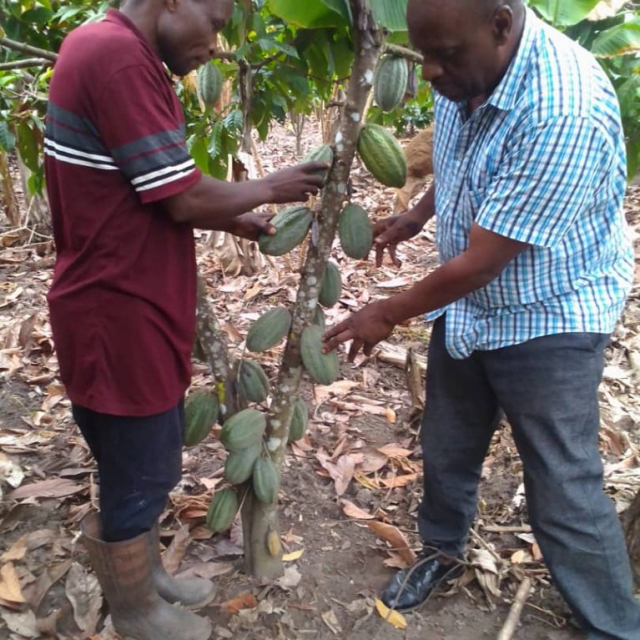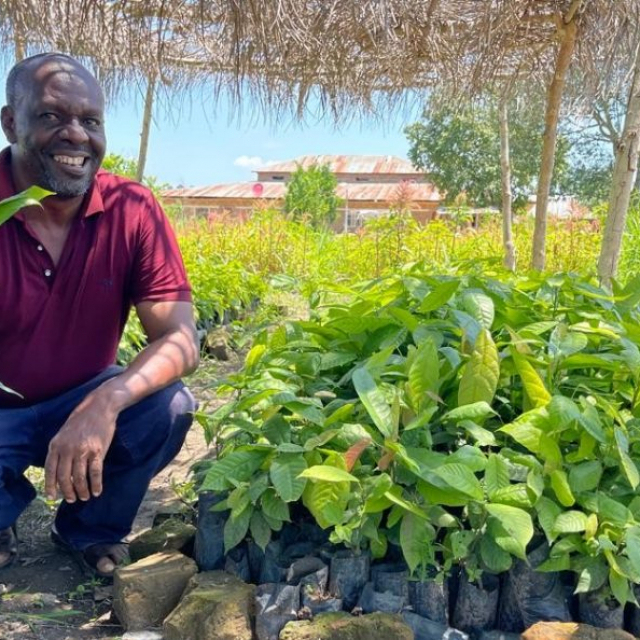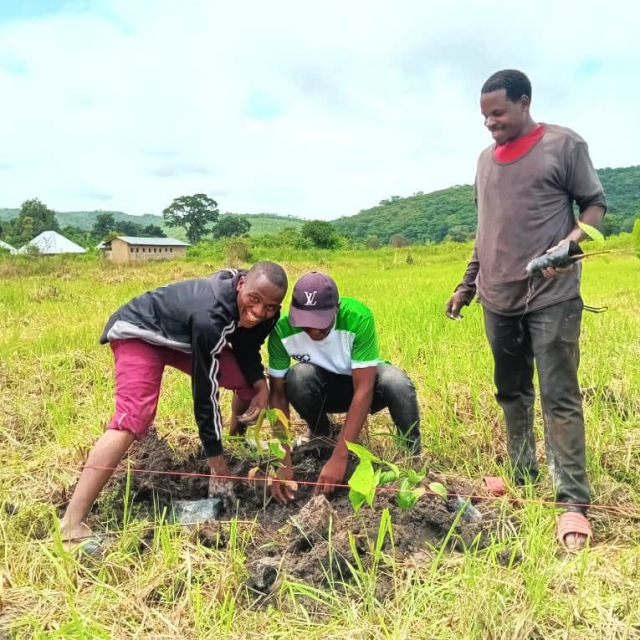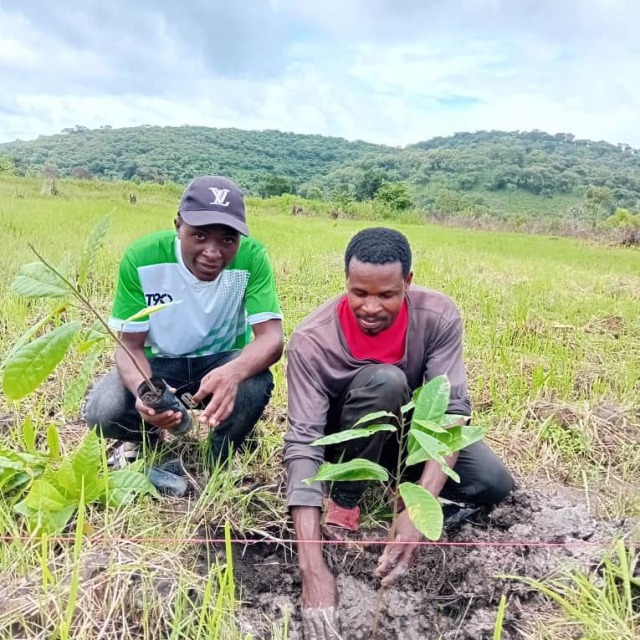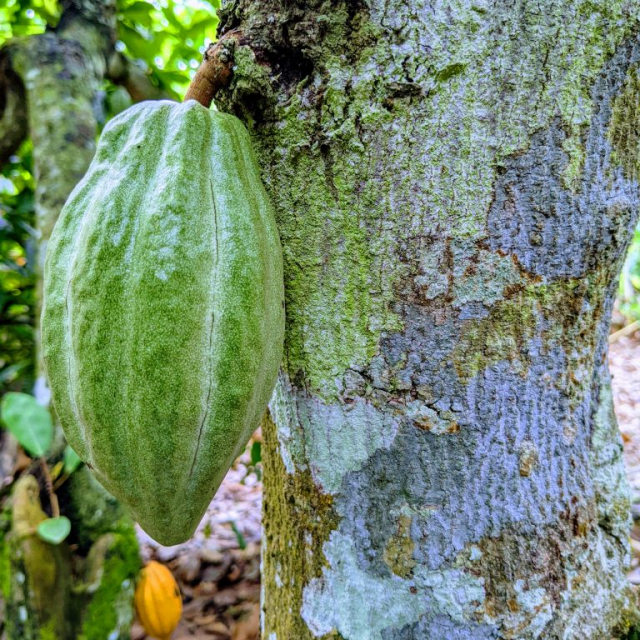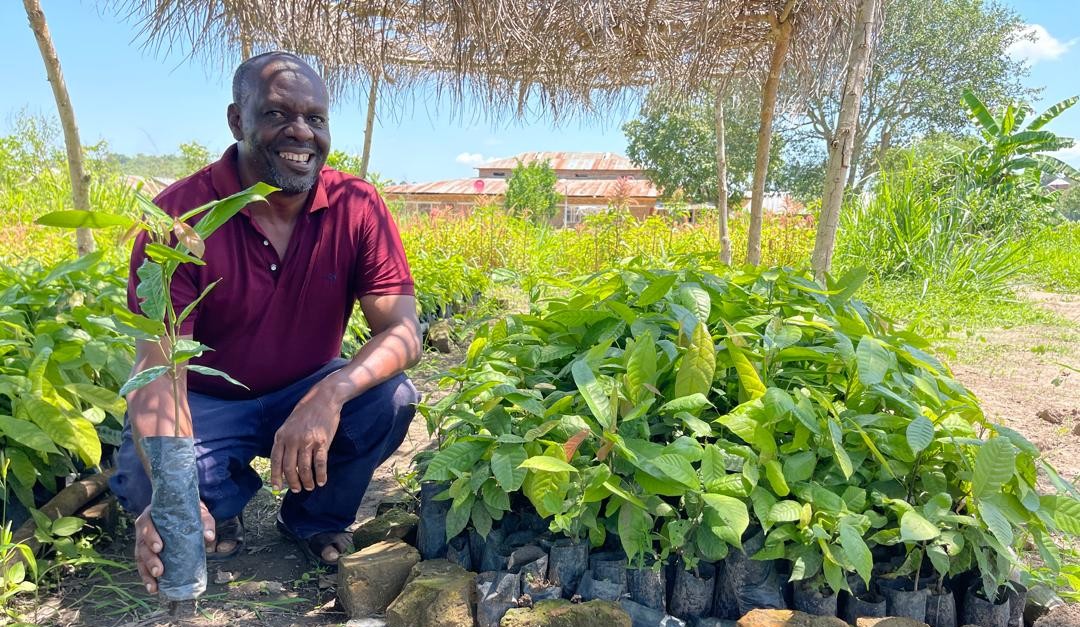
MILIMBA COMMUNITY NURSERY PROJECT
GOAL
To promote sustainable income generation and support improved nutrition in schools and farming communities, while also promoting environmental sustainability, by establishing 21,000 high-yielding cocoa seedlings and implementing amaranth demonstration plots across seven schools in Morogoro Region, Mlimba District, Masagati Ward.
LOCATION
Tanzania
DURATION-
2024
-
2025
FARMERS
2500
VALUE CHAINS
Amaranth, Cocoa
PARTNERS
EFF Funded
FUNDING
Enhancing smallholder cocoa farming in Tanzania
To introduce cocoa as a profitable cash crop in Tanzania, Empowering Farmers Foundation launched a cocoa nursery project in Mlimba District, Morogoro Region, in Masagati Ward. In collaboration with seven local schools, EFF has established nurseries at each school, with a combined production capacity of 21,000 seedlings.
The project goes beyond simply providing seedlings. Recognizing the importance of knowledge transfer and sustainable practices, EFF is actively empowering students and local farmers through hands-on training programs. These programs cover all aspects of cocoa cultivation, from nursery management and proper planting techniques to sustainable farming practices that maximize yields and minimize environmental impact. To further enhance the project's impact on local nutrition, amaranth demonstration plots have been established at each of the seven schools. These plots showcase the cultivation of amaranth, a highly nutritious crop, and serve as a practical learning resource for the community, promoting dietary diversity and improved food security.
Key project activities, achievements and impact to date
• Successfully established seven cocoa nurseries across seven schools, nurturing a total of 21,042 cocoa seedlings.
• Distributed 2,600 seedlings to participating schools and allocated 18,442 seedlings to 231 farmers in Ipinde, Tanganyika, and Taweta villages, aligning distribution with the onset of rains in late December 2024.
• Registered 1,872 farmers from these three villages who expressed interest in joining the cocoa project in the future, further supporting the project's goal of promoting sustainable cocoa farming practices and community engagement.
• Set up seven demonstration plots for amaranth, each measuring 10 x 15 meters in the schools to showcase the cultivation of this highly nutritious crop.
• Harvested amaranth seeds for further distribution to more schools, supporting seed multiplication efforts to expand local access to this nutritious crop and strengthen food security in the region.

